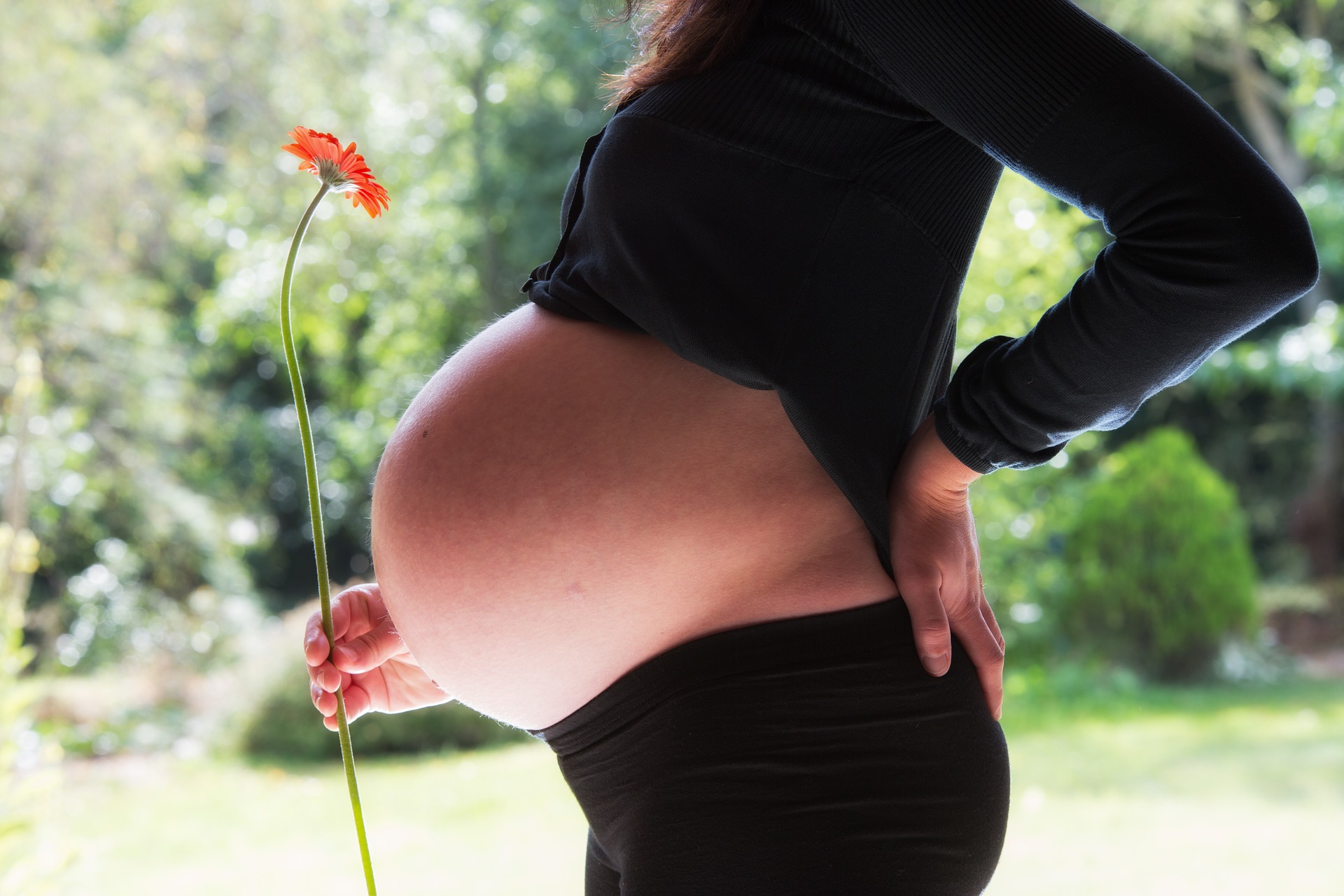I read with sadness the multiple media reports about babies being dumped nationwide. Almost every other day, there are similar reports in various media.
Recently, it was reported that 53 baby dumpings occurred between January and June this year.
In fact, this averaged every three days, one baby is dumped in Malaysia.
These tragic statistics had never decreased for more than 15 years despite the policies and laws that are in place.
In fact, just last month, a teenage mother was charged with murder when she allegedly flung her baby out of the apartment in a state of shock over her unplanned birth.
The carnage will continue with more babies dying in the most unimaginable circumstances and teenage lives and their future destroyed completely due to moments of misjudgement.
Various plans and policies to tackle baby dumping involved further studies on existing programmes and its effectiveness.
There is also the question of effectiveness of baby hatches and proposals to increase legal literacy among teenagers, making sure that they know the serious consequences of baby dumping.
Many of these solutions do not tackle the root causes, neither have they been shown to have a significant effect on the reduction of baby dumping cases.
Often, in addition, placing the burden of the problem on teenagers such as having unplanned pregnancies, not knowing where to seek help or what to do and being scared to ask for help are counter-productive in ending baby dumping.
We can’t legislate our way out of this complex problem, neither can we continually place the blame on teenagers and adolescents, hoping to change their behaviours.
Clearly, our existing programmes, policies, and laws are not working looking at the number of baby dumping cases every year.
The tumultuous transition from adolescence to adulthood involves complex hormonal changes that affect physical, mental and sexual development.
Legislation is the least of what these bodily hormonal upheavals in any adolescents is going to understand.
Neither does stigmatisation of natural biological transitions experienced by teenagers assist in any way to alleviate the complexity of their challenges in avoiding unplanned pregnancies.
There is concrete evidence globally that imparting comprehensive sexuality education and access to sexual and reproductive health services decrease unplanned teenage pregnancies.
In addition, destigmatisation of unwed mothers, and creating a supportive, non-punitive and non-judgmental system for teenagers in need are associated with decrease baby dumping.
The answers are known for decades, yet we continually institute measures that are ineffectual, stop-gap or worse, subscribe to misguided beliefs that perpetuate more harm rather than good or deviate from what’s originally intended.
The implementation of evidence based policies and programmes is critical if we are going to have a fighting chance in tackling this extremely serious issue.
Policymakers, authorities, parents and communities need to embrace the problem with openness, accepting what’s been shown to really work, rather than only institute what is acceptable norms that fail all the time.
It’s time that we recognise baby dumping is the most tragic outcome of a systemic failure and only by adopting a new mindset and complete overhaul of our programmes and policies are we able to ensure no baby is ever dumped in this country again.
Dr John Teo is a consultant obstetrician & gynaecologist from Kota Kinabalu, Sabah.
- This is the personal opinion of the writer or publication and does not necessarily represent the views of CodeBlue.




